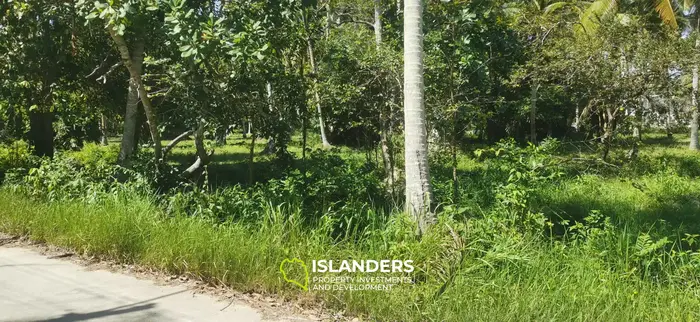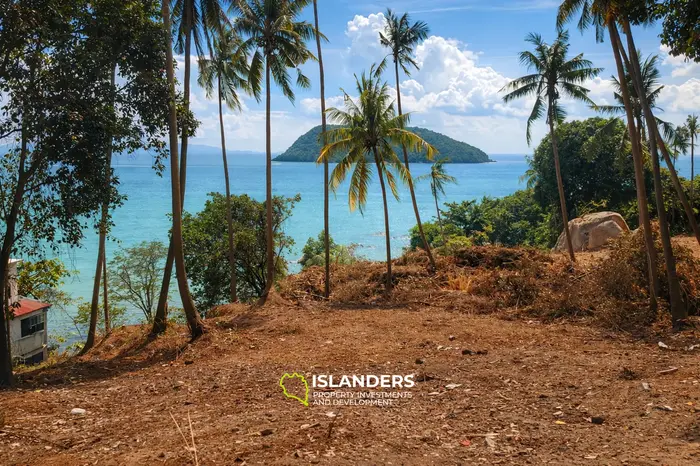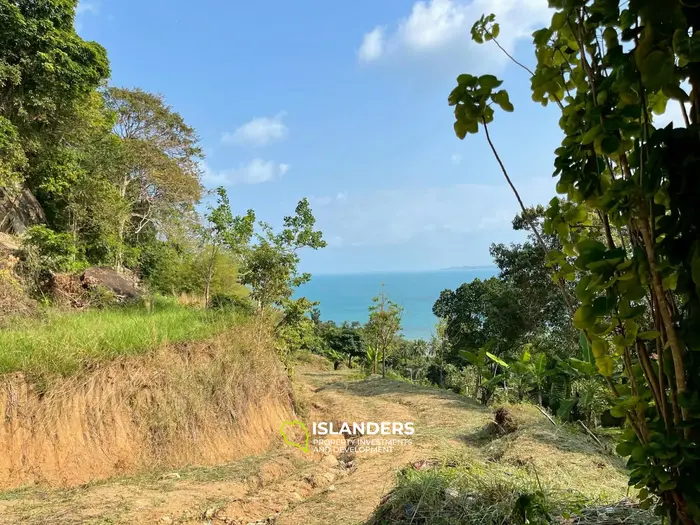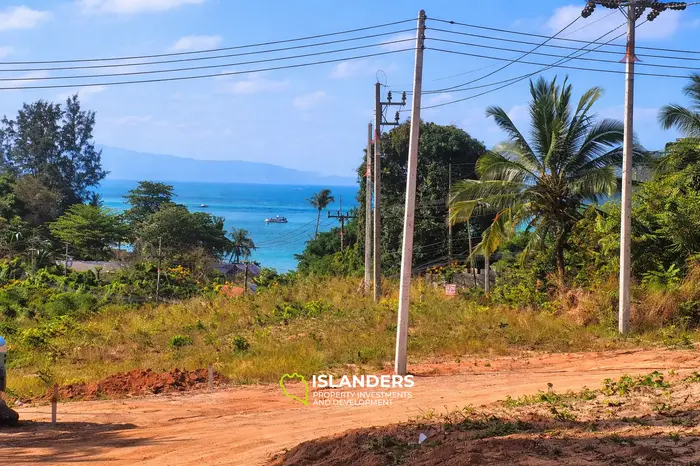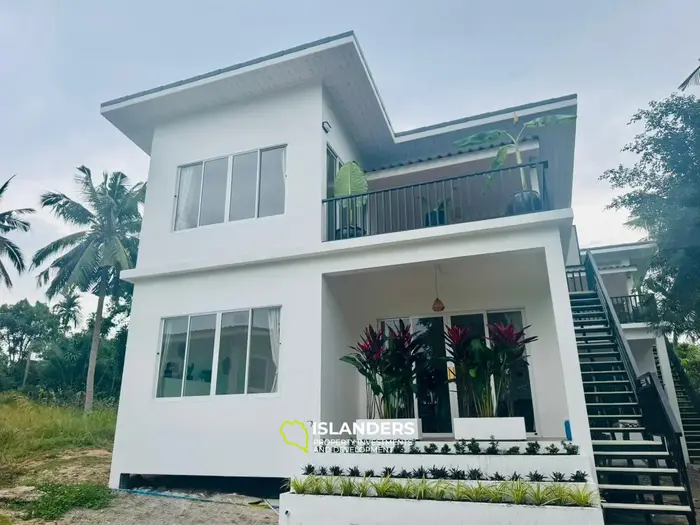Principles, practices, KPIs and official legislative references for sustainable property development in Thailand
1) Ethical foundation
- Legality first. No “gray schemes,” fake nominees or shadow contracts. All rights and agreements must be bilingual, registered and clear to the Land Office.
- Respect for people and place. Build in a way that local residents are proud to have your project nearby.
- Regulatory compliance. Follow all zoning, height and setback rules precisely.
- Work with nature, not against it. Preserve trees, minimize land disruption, protect natural drainage.
- Long horizon. Homes and infrastructure should function for decades without harming the environment or economy.
2) Ecology and planning
- Geology & hydrology: conduct soil and slope studies before design; calculate drainage, setbacks, and slope retention.
- Water cycle: rainwater harvesting, storage tanks, low-flow fixtures, greywater reuse systems.
- Energy: insulation, passive ventilation, solar orientation, preparation for PV panels and battery systems.
- Materials: prioritize local, low-carbon, non-toxic materials.
- Biodiversity: preserve native vegetation, minimize light pollution, integrate natural landscaping.
3) Social responsibility
- Local economy: prioritize local suppliers and labor (measurable as % of total budget).
- Open communication: provide a contact channel for neighbors, define feedback response time and responsibility.
- Community engagement: support local initiatives, clean-up programs, or education projects.
4) Architecture and maintenance
- Climate-responsive design: deep eaves, cross-ventilation, storm resilience.
- Comfort & safety: logical layouts, non-slip surfaces, emergency lighting, lightning protection.
- Service design: easy access to engineering systems, scheduled maintenance (monthly/quarterly), reserve funds for upkeep.
5) Responsibility KPIs
- Environmental: water and energy consumption per m², % of reused water, % of local or recycled materials.
- Social: share of local contractors and suppliers, community satisfaction score.
- Governance: bilingual documentation ratio, annual audits, presence of a property passport and maintenance logs.
6) Responsible Investor Code
- Legality and transparency.
- Respect for local communities and active participation.
- Environmental stewardship — minimal footprint, ecosystem restoration, responsible use of water and soil.
- Fair contractors — safe working conditions and fair pay.
- Long-term maintenance — reserve funds for capital repairs and system servicing.
- High-quality bilingual documentation.
7) Practical checklist before starting a project
- Title search, zoning, red-line verification, height and setback limits.
- Water management and drainage plan (with calculations).
- Energy strategy (insulation, ventilation, PV/battery readiness).
- Social plan: local procurement, community communication policy.
- Compliance roadmap: taxation, registration, insurance, yearly audit.
- Building passport: instructions, maintenance schedule, SLA for the service team.
8) Primary sources — official Thai government sites
- Ministry of Commerce / Department of Business Development (DBD): https://www.dbd.go.th/en
- Department of Lands: https://classic.dol.go.th
- Fiscal Policy Office, Ministry of Finance: https://www.fpo.go.th


